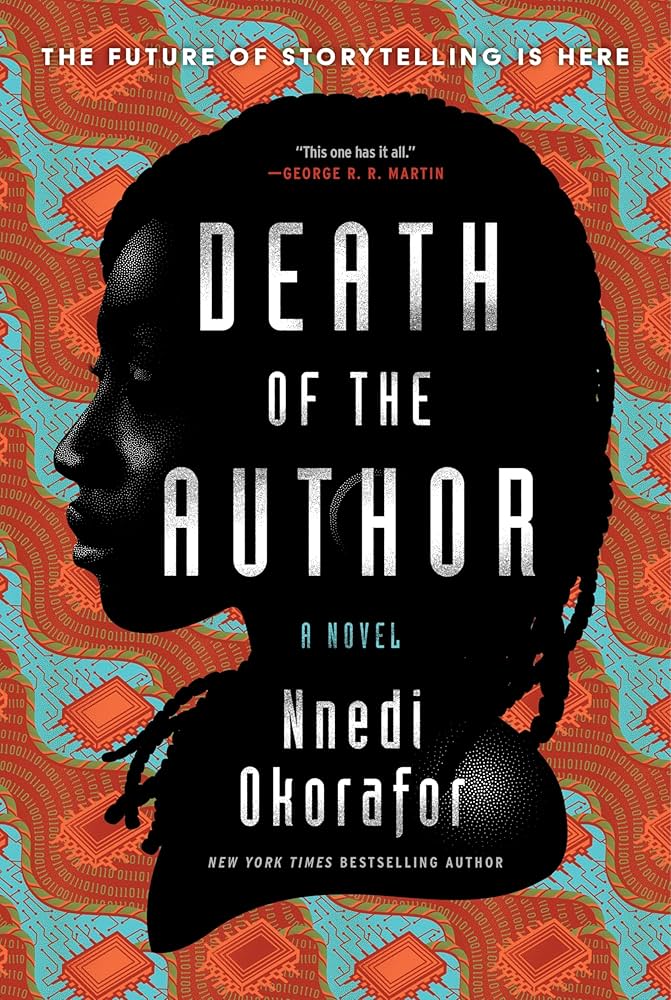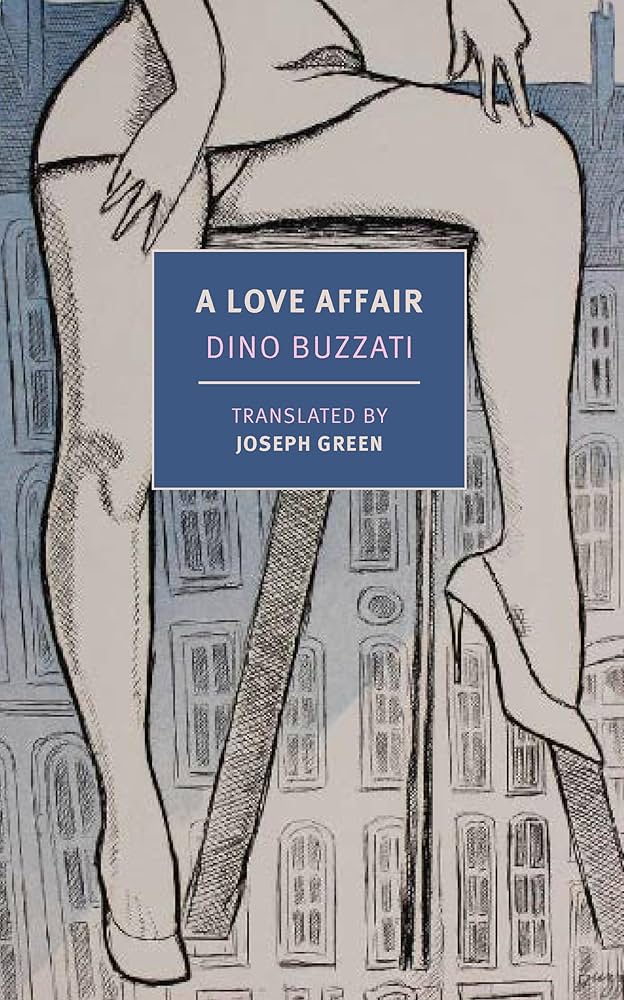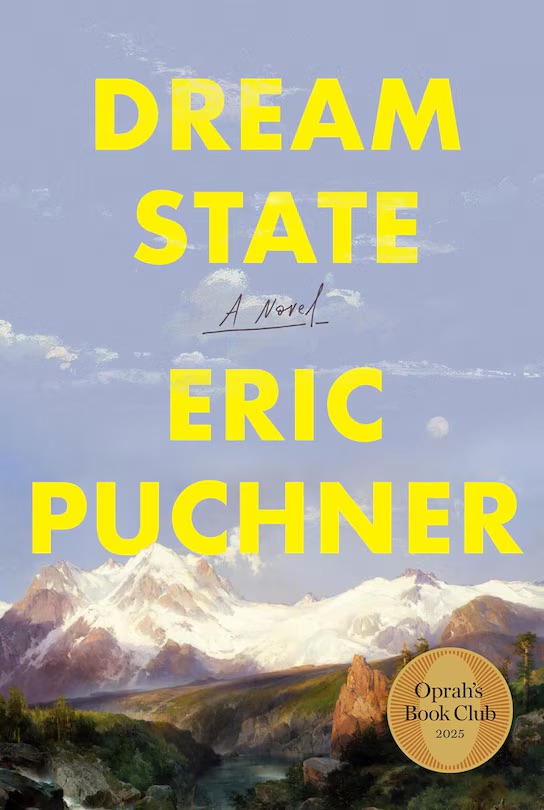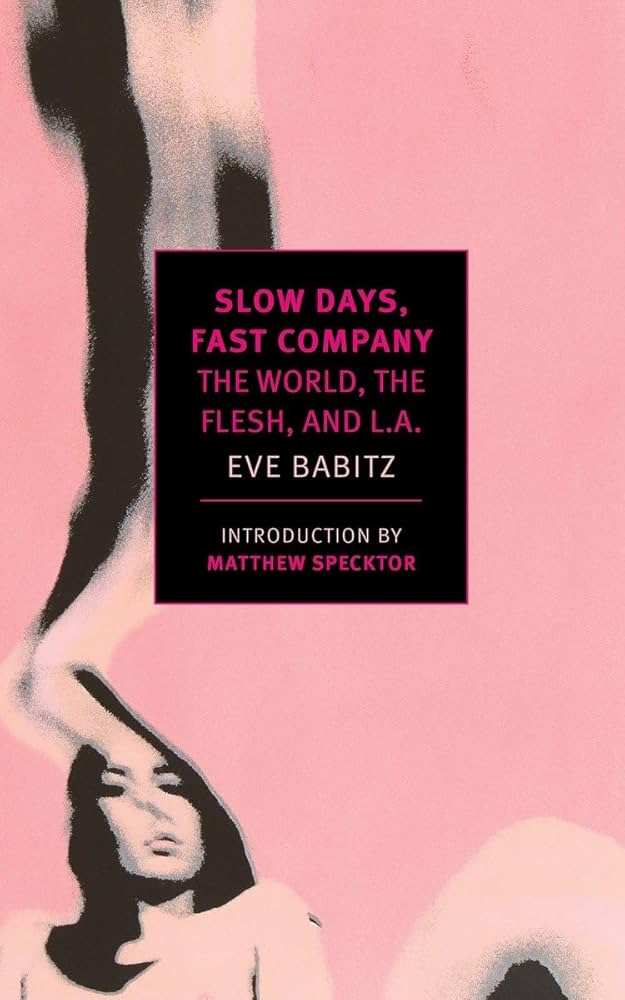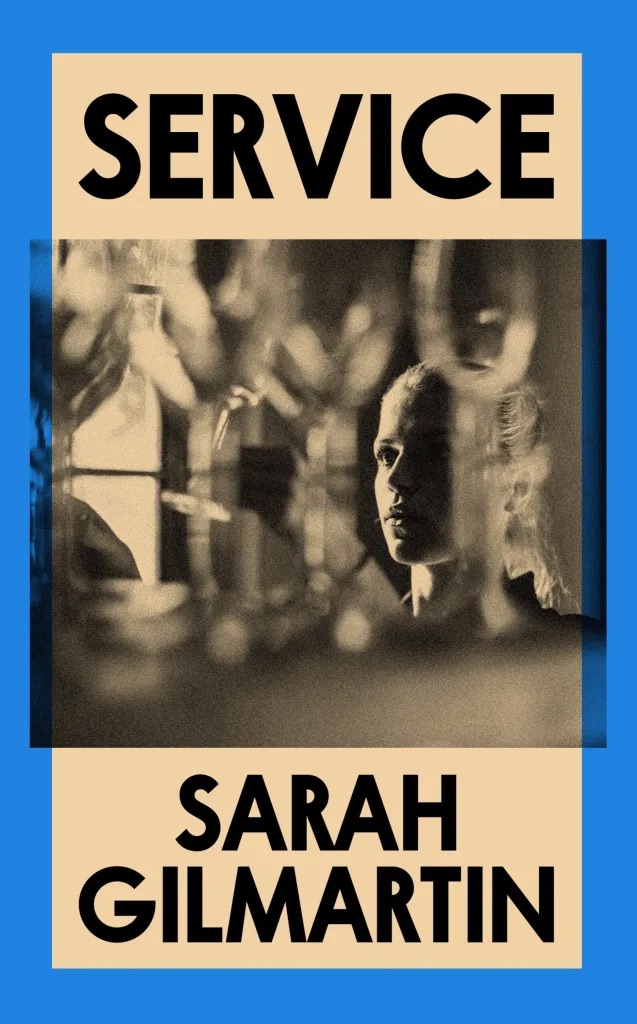This is simply too much. It’s repetitive and unrewarding. Maybe if it had been published as 3 separate volumes, it would have worked better, encouraging readers to let some time pass between sections. As a single serving it was like trying to eat a whole roast alone — it doesn’t matter how good it is, you’re gonna be sick of it by the end.
The first half is riveting. Classic Murakami: surreal, dreamlike, compelling, and weird. Really weird. After the 600 page mark though, things start to change.
I remember a piece of criticism about Sons of Anarchy when it was in decline: pay attention to the amount of spent by characters telling each other about things that have already happened and the audience knows about. It’s wasteful and lazy storytelling, and once you start to see it, it’s everywhere.
There’s a lot of that in this book. What there is none of is restraint. Murakami describes everything several times (especially boobs on the female characters, regardless of their age). There’s a whole subplot involving a private detective that adds nothing to the overall narrative, though for about 200 pages it was the only part of the story that was compelling.
Even with all those pages, the romance story was completely unconvincing, a dozen loose ends are left hanging, and the ending is incredibly unsatisfying. One of the big reveals is almost buried in a b-plot, left completely unexplored, discussed for half a page, then forgotten. Child rape is hand-waved away as ‘not real sex’. The philosophical tangents and bizarre metaphors, sometimes the most memorable parts of Murakami’s books, are uninspired and overwritten, almost juvenile.
This is the weakest Murakami book I’ve read by quite a margin. I’m not sorry I read it, but I sure don’t recommend it.


